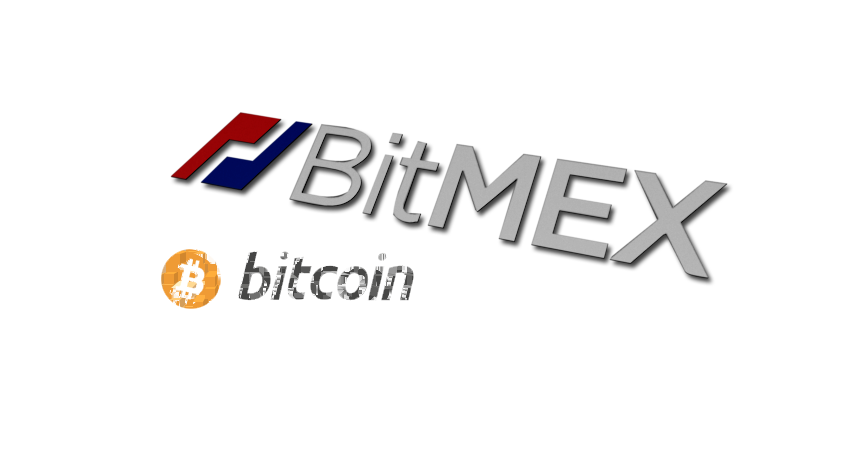BitMEX, the cryptocurrency derivatives exchange today re-stated its position on hard forks in light of the possibility of the SegWit2x hard fork (B2X) next month. This new fork event prompted the BitMEX team to again clarify its position on any and all potential hard forks.
BitMEX’s hard fork policies are foremost concerned with its top priority of protecting the assets of their customers.
In order for the company to effectively do this, they say any Bitcoin hard fork must include the following:
- Absolutely crucial is strong two-way transaction replay protection, enabled by default, such that transactions on each chain are invalid on the other chain.
- A clean break, such that the new chain cannot be “wiped out” by the original chain.
- A modification to the block header, such that all wallets (including light clients) are required to upgrade to follow the hard forked chain.
- A change in address format, to prevent people inadvertently sending coins to an address on the wrong chain.
- New P2P network magic, to ensure a functioning and reliable node network for both coins.
Should a hardfork not follow these policies, BitMEX will not support the new coin. The administrative overhead of distributing any and all hard forked coins (including Bitcoin-based distributions like Byteball/Lumens) is prohibitive and BitMEX says it will not monitor or maintain balances of hard forked coins.
The company also stated that while it may snapshot user’s margin balances at the time of the fork in case it would decide to distribute, there is no guarantee that it will be safe, desirable, or practical to do so. BitMEX encouraged all clients who are not comfortable with the hard fork policies to withdraw their funds before any given fork event and handle the split on their own.
Specifically regarding the SegWit2x Bitcoin fork event next month, the team stated:
“The SegWit2x (B2X) proposal is aimed at increasing the block size. It is scheduled to take place in November 2017. This change is incompatible with the current Bitcoin ruleset and therefore a new coin may be created. Proponents of this new coin hope it becomes known as Bitcoin, however which coin is known as Bitcoin is not up to the proponents of the new token. Investors and traders may decide which coin has the highest value. In order for this process to work smoothly, strong two-way transaction replay protection is necessary.”
“It is our understanding that the SegWit2x proposal does not include two-way transaction replay protection, enabled by default. Therefore BitMEX will not be able to support SegWit2x. As such, BitMEX will not support the distribution of B2X, nor will BitMEX be liable for any B2X sent to us. This policy applies even if the SegWit2x chain has the majority hashrate. Therefore, it is up to our users to withdraw their Bitcoin’s from BitMEX prior to the fork if they wish to access B2X.”
“BitMEX considers any and all contentious hardfork tokens as altcoins. The .BXBT and .BXBTJPY indices will remain unchanged and will not include B2X.”
Bitcoin Upgrade at Block 494,784
During the month of November 2017, approximately 90 days after the activation of Segregated Witnesses in the Bitcoin blockchain, a block between 1MB and 2MB in size will be generated by Bitcoin miners in a move to increase network capacity. At this point, it is expected that more than 90% of the computational capacity that secures the Bitcoin network will carry on mining on top of this large block.
The upgrade to 2MB blocks has been agreed first during the Bitcoin Roundtable Consensus in Hong-Kong on February 2016 and then ratified by the Bitcoin Scaling Agreement in New York in May 2017. These agreements stipulate the activation of Segregated Witness support and an increase of the maximum base block size from 1MB to 2MB.
More information on SegWit2x can be found on GitHub.



















